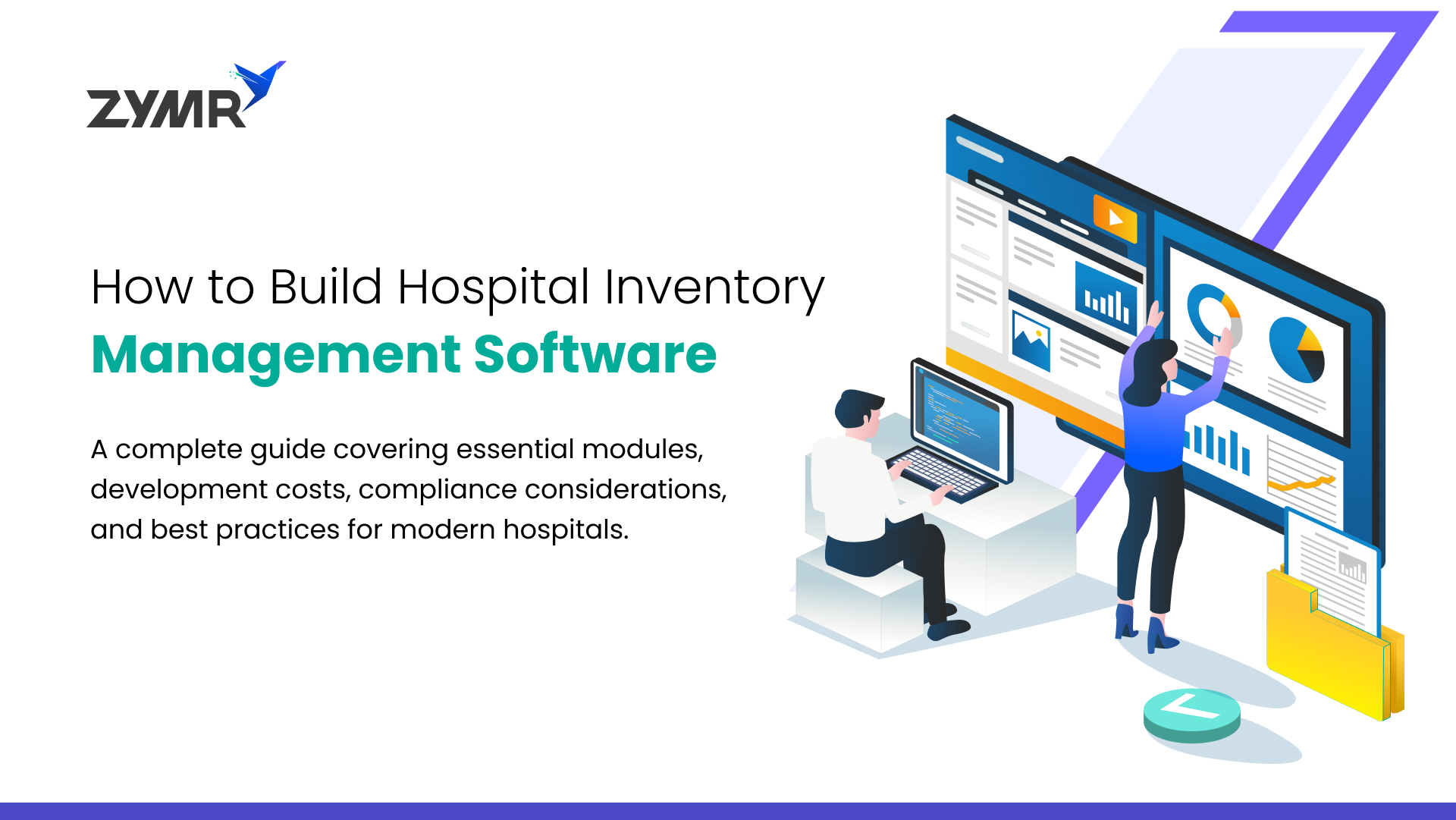SaaS Solutions for Retail: How SaaS Can Decode Retail Success With a Pinch of QA Automation

August 7, 2024
The need for enhanced efficiency and better customer engagement is pushing retail to cloud-based systems and innovative technologies. The notable surge in e-commerce, smarter ways for online transactions, and personalized interactions through AI are some of the way in which retail is navigating this shift in its digital ecosystems. Therefore, in times like these, Software-as-a-Service (SaaS) comes as a crucial ally that can future-proof retail businesses. With offerings that can elevate e-commerece experience, address diverse retail changes, and ensure seamless personalization, SaaS holds transformative powers for efficiency and customer engagement in Retail.
In this blog, we will take a look at how SaaS solutions for retailcan have a positive impact on their digital ecosystems. We will also look at how retail companies can ensure ways to maintain the quality of SaaS-based retail solutions.
Transforming Retail Operations With SaaS
Efficiency and Convenience
Solutions like Cloud-based POS systems can really benefit from SaaS in retail. These systems streamline transactions, inventory management, and payment processing. The cloud architecture ensures rapid deployment and seamless updates, crucial for adapting to evolving retail needs. SaaS, by its nature, allows for scalability and agility, making it an indispensable technology for enhancing efficiency in retail operations.
E-commerce Enhancement
Technologies like 3D configurators and AR-powered “Try On” features can truly redefine customer engagement for retail. Retail SaaS applications play a pivotal role in the integration of such tech by providing retailers with a competitive edge in the dynamic e-commerce space. This level of innovation is challenging to achieve without the flexibility and scalability offered by SaaS solutions.
Mimicking In-Person Shopping
Product customization tools and AR applications bring a tangible feel to online shopping. SaaS enables seamless integration of these technologies into e-commerce platforms, ensuring a user-friendly and immersive experience. This not only mimics but enhances the in-person shopping experience, providing customers with the ability to personalize products virtually, a feat made possible through the flexibility of SaaS.
Integration into Online Storefronts
SaaS solutions for retail facilitate the integration of various technologies into online storefronts through APIs and cloud computing. This integration is vital for retailers looking to enhance the digital shopping experience without a complete overhaul of their existing IT infrastructure. SaaS's ability to seamlessly integrate with existing systems makes it a linchpin for digital transformation in retail.
Invisible Yet Integral Role
Behind the scenes, SaaS operates as the backbone of retail operations. Whether managing inventory, processing orders, or optimizing supply chains, retail SaaS applications provide the invisible yet integral support needed for smooth operations. Retailers benefit from specialized services without the burden of developing and maintaining these systems in-house, showcasing the inherent value of SaaS.
Customer Engagement and Brand Loyalty
AI-driven personalization, chatbots, and loyalty program management platforms, all enabled by SaaS, have a notable effect on customer engagement. Retailers leverage these tools to create personalized experiences that foster brand loyalty. SaaS is essential here, offering cost-effective access to advanced technologies that enhance the customer journey and contribute to long-term brand-customer relationships.
Optimizing SaaS in Retail
Now that we’ve established the utility of SaaS solutions for the retail industry, we need to understand the ways to ensure quality SaaS performance for seamless customer experiences and efficient backend operations. QA automation has the required potential to streamline the testing process and ensure scalability for SaaS in retail. The integration of automated testing practices will contribute to the agility and competitiveness of SaaS solutions. Here are some ways in which SaaS in retail can benefit from QA Automation services.
Enhanced User Experience
Continuous monitoring of application usability and responsiveness can serve great purpose for user experience in retail. Automated testing can ensure a seamless and intuitive shopping experience for retail customers and contributes to increased customer satisfaction, loyalty, and a positive brand perception. Tools like BrowserStack can automate visual validation to ensure consistent user experience for retail SaaS applications and platforms
Time-To-Market Efficiency
Automated testing can expedite the release of updates and new features to ensure swift adaptation to market demands. This agility ensures that retail SaaS platforms can quickly respond to industry trends, customer needs, and competitive pressures. Such platforms can integrate tools like Jenkins and Travis CI can offer automated testing frameworks to ensure efficient delivery of updates without compromising quality.
Improved Quality Assurance
QA automation can help retail SaaS applications identify bugs and performance issues early in the development cycle, minimizing the risk of system failures during critical retail events like promotions or peak shopping seasons. Tools like JUnit, TestNG, and Jira can help with issue tracking and enhance the quality assurance process.
Accelerated Testing Process
For a speed-sensitive industry like retail, automated testing can ensure a quick and consistent evaluation of new features and updates. QA automation can allow retail SaaS platforms to adapt rapidly to market demands and reduce the time it takes to bring improvements to customers. Tools like Selenium, Appium, and TestComplete can offer cross-browser and cross-platform testing capabilities to ensure comprehensive coverage across various environments.
Resource Optimization
Efficiency in retail boils down to how well the resources are managed, be it storage, infrastructure, network, or even SaaS platforms. QA automation can help free up resources for more strategic tasks. This allows QA teams to focus on complex scenarios and exploratory testing while routine and repetitive tests are automated for greater efficiency. With the help of RPA and tools like Appium, retail can ensure resource optimization in its QA automation strategies.
Conclusion
Retail can leverage innovative technologies like SaaS to catalyze efficiency, customer engagement, and overall digital transformation. Its diverse applications can bring unprecedented convenience and competitiveness to the retail organizations while optimizing resources and supporting backend operations. All it needs is a good QA automation strategy to back its utility. Together, SaaS solutions for retail and QA automation are shaping the future of retail industry, offering a harmonious blend of technological prowess and customer-centric solutions.
FAQs
>
>
>
>
>
Have a specific concern bothering you?
Try our complimentary 2-week POV engagement
Our Latest Blogs

January 15, 2026
Global Healthcare Outlook 2026: Key Trends in Digital Health, AI, and Patient Safety

January 15, 2026
Top 10 Healthcare IT Services Companies Transforming Healthcare Delivery(2026)

January 15, 2026





.svg)
.svg)
.svg)
.svg)
.svg)
.svg)
